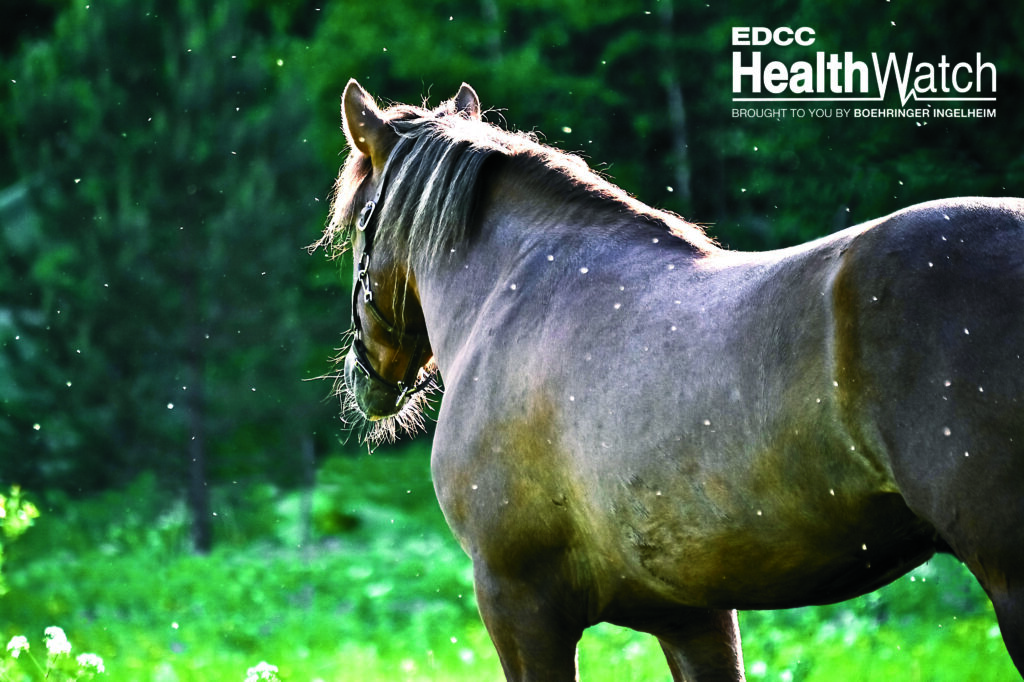
Traumatic Horse Training: Can You Spot Abuse?
When do horse training methods cross the line from accepted to abusive? Despite advances in horse welfare and behavior research, abusive training still occurs.
Discussions about the welfare of our equine friends

When do horse training methods cross the line from accepted to abusive? Despite advances in horse welfare and behavior research, abusive training still occurs.

The mare lives in Orange County and tested positive for the causative bacterium after a uterine lavage was performed due to retained free fluid after breeding.

Maintain an exercise regimen, address your horse’s weight, and explore medication options to help keep your senior horse sound. 3 Penn Vet experts explain why.

Discover the importance of giving special attention to senior horses’ joints during Senior Horse Joint Care Awareness Week, sponsored by NexHA.

The horses live in Clallam County.

The filly lives at a barn in Newaygo County, where two other horses previously tested positive.

Avoiding nose-to-nose contact with other horses at shows is the best way to protect your horse from diseases. Here’s why.

The horses lived in Harris County and were euthanized.

The cases are located in Wexford, St. Clair, and Emmett counties.

Horses evolved to eat frequent, small roughage meals throughout the day, so why do we only feed them twice? Read more in The Horse‘s 2024 Preventive Care issue.

The horse lived in Columbia County and was euthanized.

The horse lives at a stable in MRC Vaudreuil-Soulanges.

The horse lives in Brazos County.

Learn where biosecurity understanding is lacking among horse owners and what you can do to protect your horse from infectious diseases.

The horse lives in King County.

The horse lived in Osceola County and was euthanized.
Stay on top of the most recent Horse Health news with
"*" indicates required fields